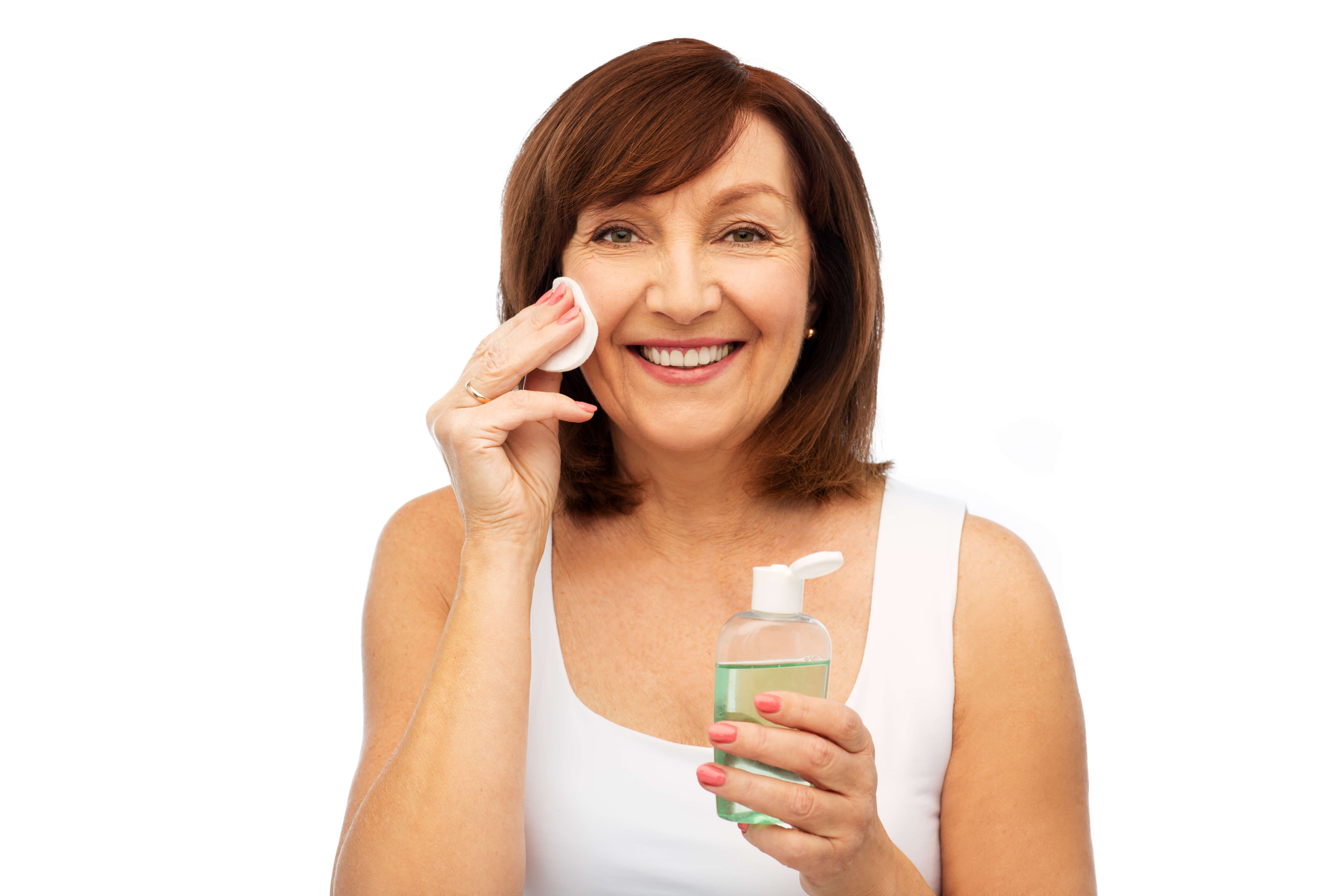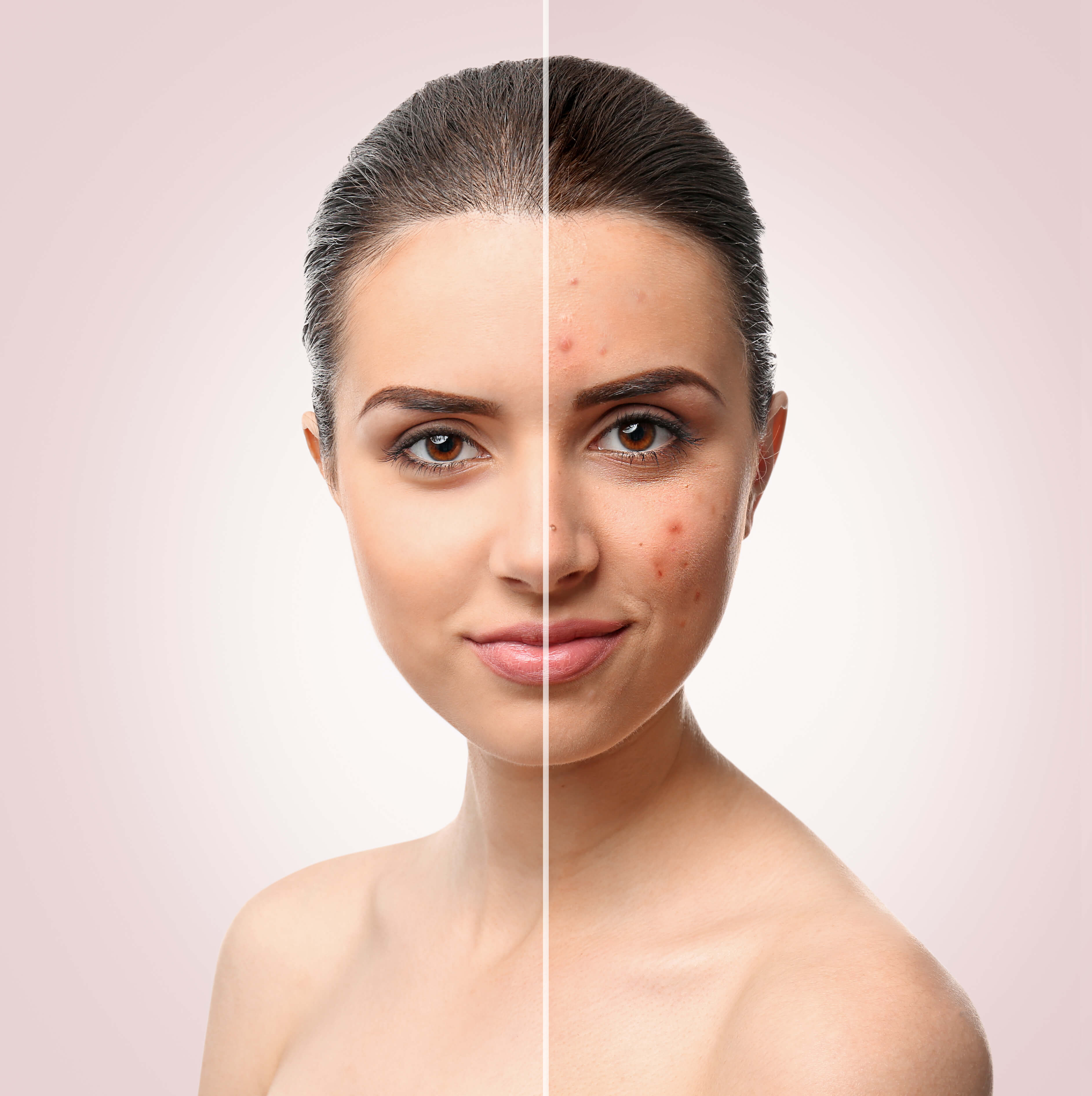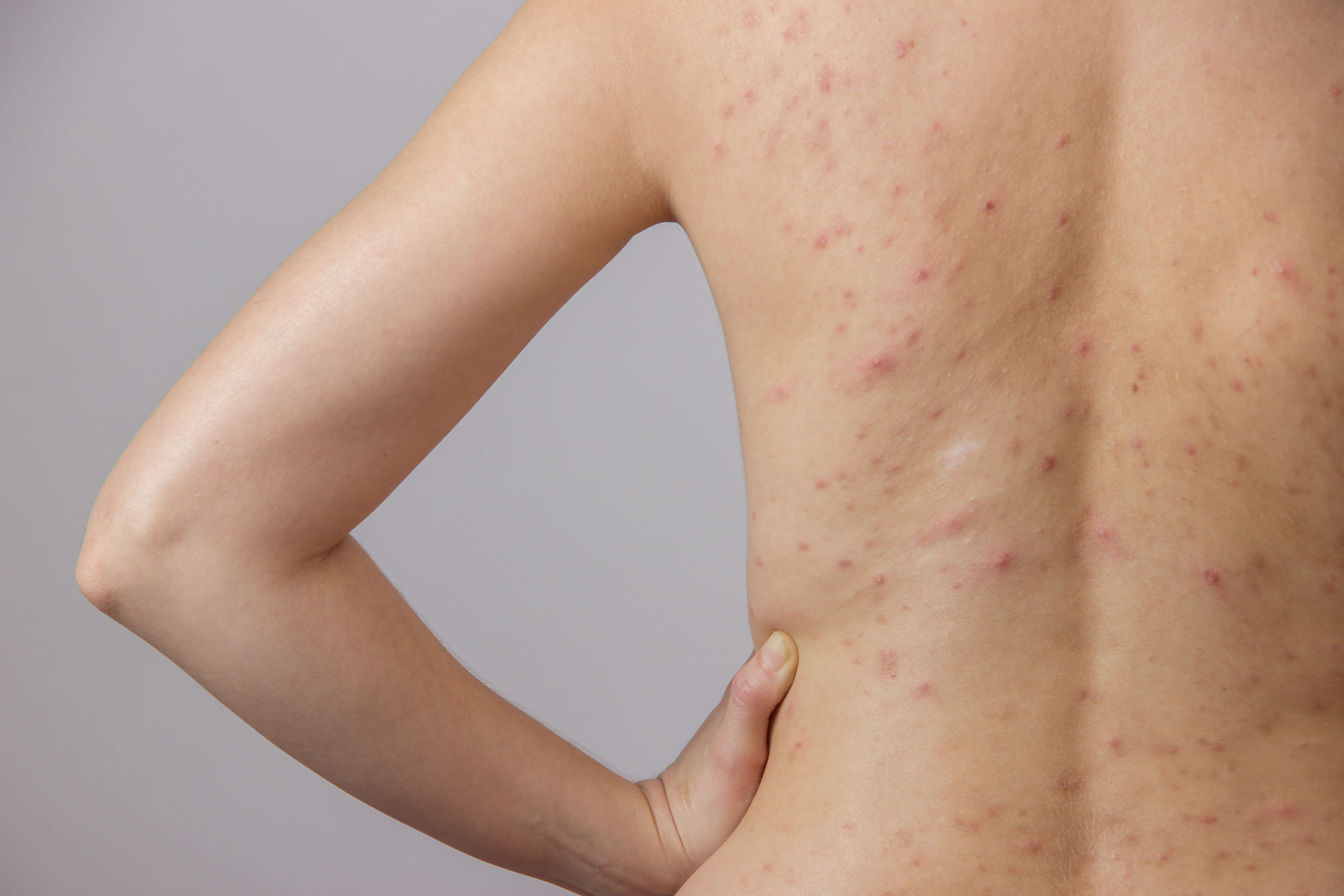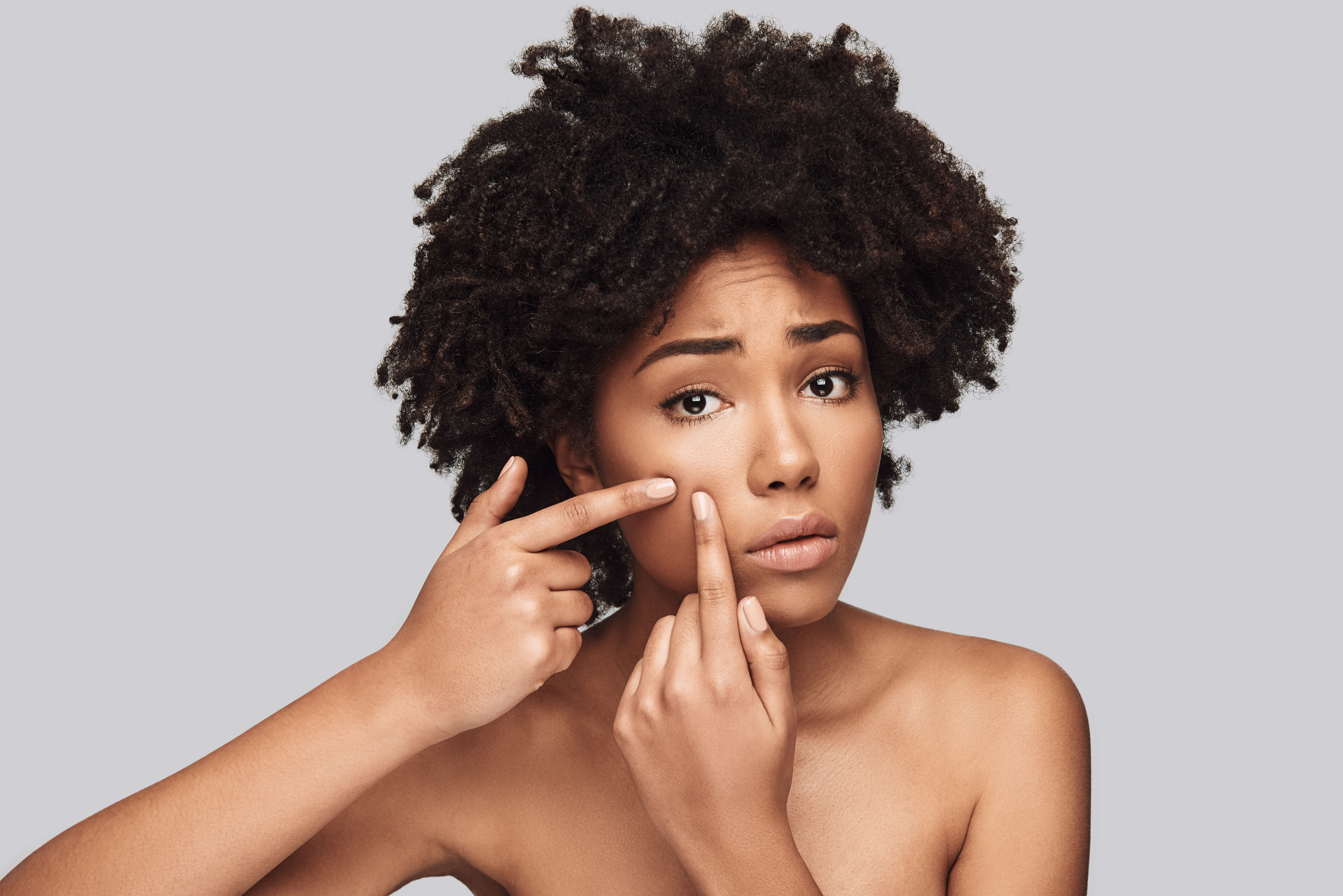Birth control or more commonly known as “the pill” may have more to offer aside from preventing pregnancy. For women who have exhausted every medication, regime or treatment to combat chronic acne, the pill could be an unexpected surprise. While topical creams such as benzoyl peroxide or salicylic acid can clear up cyst acne; on the other hand, it can cause major side effects. On the other end of the spectrum, powerful medications such as Accutane can cause major side effects such as : extreme hair loss and suicidal thoughts.
For this reason, taking birth control seems like an acne solution to explore. Not only will it regulate hormones and prevent pregnancy, it is a much safer option. This isn't meant for your occasional zit that pops up around that time of month, it is moreso for those dealing with pustules or deep set cysts.
Hormone Regulation
As a woman your body naturally produces the hormones estrogen and progestin. This hormone production leads to body development during puberty and regulation of menstrual cycles and other important functions. The way that birth control functions is that it increases signals that suppress the body's release of an egg. During this time progesterone and estrogen are at peak levels and the acne causing hormone, testosterone is suppressed.

Furthermore, testosterone is not only a male hormone; but it is a triggering hormone that increases oil production. Excess oil production is the number one culprit when it comes to acne flare ups. When taking birth control, it releases higher dosages of progesterone and estrogen to “trick” your body into pregnancy prep mode. This powerful signal then halts an egg release and ceases a regular menstrual cycle. The dramatic reduction of testosterone levels, then causes a reduced occurrence of acne.
What Can I Expect?
If you decide that taking birth control is a route you'd like to explore in regards to acne, here are somethings to take into consideration.
Try, try again
The frustrating part can be trying to find the right birth control. Results will not appear overnight or even within weeks for that matter. As your body adjusts to the changing hormonal levels, you might experience a flare up initially. As far as time tables are concerned, waiting 3 months to test out a medication is a good indicator if it works for you. This time period gives your body enough time to adjust to the medication and to see hormonal levels regulate.

Progestin Is Key
When it comes to combating acne, progesterone is the hormone that will make the most difference in suppressing testosterone. Look for pills that have higher amounts of this hormone as a main ingredient.
Don't Abandon Good Skincare Hygeine
The pill is not a one all wonder drug; while the majority of women experience clearer skin, it is still key to practice good skincare habits. While taking the pill you can still experience the dreaded flare ups that occur around or before menstruation would occur. It is important to still keep a consistent skin care regime and to avoid sleeping in makeup.

Explore Options
These days, birth control comes in multiple forms. If you're forgetful when it comes to remembering to take a pill, there are options such as; patches or IUD (intrauterine device). In addition, the FDA has approved combination pills (pills that contain progesterone and estrogen) specifically geared toward acne prevention. The three types approved for acne are:
- Estrostep: Gradually increases estrogen levels with a constant dose of progestin
- Ortho Tri-Cyclen: Treats acne with a combination a synthetic estrogen known as ethinyl estradiol and norgestimate ( a type of progestin)
- YAZ: Uses synthetic form of progestin in combination with estrogen


 Cetaphil Cleanser
Cetaphil Cleanser  Everything you Need to Know About Facial Extractions
Everything you Need to Know About Facial Extractions  DIY Face Toners
DIY Face Toners  The Best Acne Scar Treatments
The Best Acne Scar Treatments  Top Products To Use For Body Acne
Top Products To Use For Body Acne  Causes of Adult Acne
Causes of Adult Acne